My musical tastes have taken a couple of painful blows in the past 24 hours. First, an old friend and fellow musician tipped me off to an ongoing controversy over French prog rock/jazz drummer Christian Vander (founder of Magma) and his possibly pro-Nazi beliefs. Ouch.
Then, my growing interest in exploring the catalog of early ’70s soft rock duo Seals and Crofts, best known for the hits “Summer Breeze,” “Diamond Girl” and “We May Never Pass this Way (Again)” (gotta love those parenthetical song titles — they just don’t do that anymore), was waylaid by learning about the controversy over their anti-abortion song and album Unborn Child, released in 1974, right after the Roe v. Wade decision. The song led abortion rights activists to protest against the band, and probably accelerated their demise.
Christian Vander
The stuff about Christian Vander and Nazism is truly disturbing, although it should be noted that there’s no concrete evidence that he really does (or ever did) espouse these beliefs. Taking an honest look at Magma’s work, though, it’s not a huge leap to that conclusion. There’s plenty of Wagnerian influence in their work; Vander’s concocted language, Kobaian, sounds heavily Germanic, especially when shouted with a Hitler-like cadence (as did happen on some of their early recordings); and the band’s overall concept — a select group of humans flee an apocalyptic Earth and settle a new homeworld — is like a sci-fi version of the Third Reich. Another friend and Magma fan even pointed out that there’s a swastika in the cover art from the band’s first album, something I had never noticed before.
Of course, even with all of that, there’s no concrete evidence that Christian Vander is a Nazi. But since all of the band’s lyrics are sung in his own made-up tongue, and he’s never published an official Kobaian-to-French (or any other real language) dictionary, the best knowledge we have of what he’s actually singing about is the result of questionable fan translations.
Seals and Crofts
As for Seals and Crofts, one song written from the perspective of a fetus is a far cry from an entire body of work that may (debatably) promote a white supremacist agenda. But as a pro-choice liberal, knowing this song is part of the Seals and Crofts canon alters my perspective on the rest of the band’s work. Abortion is a complicated issue, however, in ways that Nazism isn’t: as far as I’m concerned, there’s absolutely no way to justify Hitler’s beliefs. I find Nazism so abhorrent I can hardly even talk about it.
But it’s possible to support abortion rights even though you think, ideally, no one should ever have an abortion. I would like to live in a world where abortion didn’t have to exist, but no one who hasn’t been in the position of having to make that difficult decision should feel like they have the right to take the option away from someone else. I don’t wish to belabor the abortion discussion in this post, however, as it is not the point. (And I think far too many important issues already get derailed by the abortion argument; case in point, the recently passed House bill for health care reform.)
The Big Question(s)
In both of these cases, the question for me becomes: Can I still enjoy the work of these artists, knowing that I disagree with their beliefs? I think there’s an important corollary to this question, and that is: Are the artists actively trying to promote their controversial beliefs with their art?
In the case of Seals and Crofts, on the second question, I would have to say yes they are, quite explicitly. To have released the song “Unborn Child,” with lyrics like “Oh unborn child, if you only knew just what your momma was plannin’ to do / You’re still a-clingin’ to the tree of life, but soon you’ll be cut off before you get ripe,” mere months after Roe v. Wade was a clear response to what was going on, and an unequivocal statement of beliefs on the issue. But, like I said, abortion is complicated. I think it’s possible to appreciate the difficulty of the decision, the moral ambiguity of the act, and still, ultimately, believe in a woman’s right to undertake it, if her circumstances lead her to do so.
As to the first question, I’m not sure this one song by Seals and Crofts can take away from the merits of the rest of their work, especially when you consider this song in the context of the band members’ Baha’i faith. I’ve tried to do some research (since I’m ignorant on the matter) on what Baha’i says about abortion (you can google it for yourself), and have come to the conclusion that, just as I’ve been saying, it’s complicated. There are certain readings that say it is “absolutely forbidden,” but also a broader interpretation that says it’s up to the individual conscience. This leads back to my general belief on the matter, which is that the decision should be left to the conscience of the person who is making it. If you feel abortion is an absolute wrong, don’t have one. But it’s a legal right, and its morality is a subject of debate. Don’t impose your beliefs on others who may also have carefully weighed the matter and conscientiously arrived at a different conclusion.
The song states the band’s (or actually, lyricist Lana Bogan’s) beliefs on the matter. And if you really read the lyrics, the message, repeated again and again, is “Stop, turn around, go back think it over.” Think it over. Not “don’t do it.” This is not a message I necessarily disagree with. The song, on the whole, feels a bit like the simplistic, emotional body blow delivered by the “I could wiggle my toes at 18 weeks!” pro-life billboards. A bit disingenuous and distasteful, focusing on one narrow aspect of the debate. For that reason, I think I may never be able to appreciate this particular song. But it’s not going to turn me off from the band otherwise.
Thinking about these two questions in relation to Magma leads to much different conclusions. First, it needs to be repeated that there’s no concrete evidence, at least none that I’ve seen so far, to suggest that Christian Vander is in fact pro-Nazi. I deeply wish to believe that he is not, because although there’s much tension and fury in Magma’s music, there’s also a tremendous life-affirming energy, and I would hate to think that is tainted with repugnant anti-Semitic beliefs. But, assuming for the moment that the story is all true, where does that leave me with his music? First, it’s important to consider whether he’s actively promoting these views within his art. That question is almost impossible to answer, given the fact that I have no idea what he’s actually singing about. This has nagged at my conscience since I first heard the band, but I dismissed it for two reasons: 1) I rarely pay much attention to lyrics anyway, focusing mostly on the instrumental parts and harmonic structures in the music I enjoy, and 2) since I couldn’t understand any of the words, I could appreciate the vocals as abstract sounds. I always assumed that this was Vander’s main intention with the invented language: since the vocal performances are somewhat operatic in nature anyway, with extended repetition of lines, removing any recognizable meaning from the words allows the listener to focus solely on the sounds of the voices. Of course, it’s just as easy to interpret this decision as his way of getting people to listen to his deranged rants without realizing the horror of what he’s talking about.
I sincerely hope that it’s not the latter. But knowing that it might be, and that this is a fundamental part of not just one song, but the band’s entire body of work, is extremely off-putting. Fortunately I haven’t been listening to Magma much lately anyway, but until I can learn more about the truth of these allegations, I will find it difficult to give them any attention at all.
In general, then, the conclusion I arrive at is that I can separate an artist’s work from their beliefs, if they do. But as with everything, it’s complicated. One isolated work that promotes a viewpoint I disagree with is one thing; an entire body of work devoted to actively promoting an abhorrent philosophy is fundamentally unacceptable. But that’s a pretty extreme scenario, one that’s unlikely to exist except in rare cases of extremely idiosyncratic artists… like Christian Vander. It’s tough to face the prospect of abandoning long-held enthusiasm for the work of such a gifted musician, especially when I’m not sure there’s any foundation to the accusations leveled against him. But it’s something to consider.
Disidentification
I was discussing this situation with SLP, and she mentioned a concept that came up yesterday in a class she’s teaching: disidentification. Disidentification arises mainly in queer theory, in the context of discussions of gender role identification. I hope I’m not committing an egregious offense in appropriating the term, but I think it has broader implications as well, in the form of “deeply engaging with ideas/theories and using them, but not identifying with them.”
This concept shows up a lot in art (especially music): talented artists can write from a perspective that is not necessarily their own. I am thinking in particular about “The Rake’s Song” from the recent Decemberists album The Hazards of Love. Colin Meloy is embodying a despicable character, one who has murdered all of his own children just to be rid of them, yet no serious listener assumes that Meloy himself is filicidal. From this perspective, it’s possible — though a bit of a stretch — to assume that Christian Vander is writing lyrics from Hitler’s perspective in order to reflect critically upon that perspective, or that Seals and Crofts are pro-choice but exploring the worldview of someone who is not.
As a listener, it is possible, of course, to hear “The Rake’s Song” and not feel the urge to act upon its message, nor even to be particularly appalled by it. After all, it’s tongue-in-cheek; the rake is an outlandish cartoon of a character in an already outlandish rock opera. It’s also possible to engage critically with the genuine views expressed in Seals and Crofts’ song without agreeing with them. And, presumably, it’s possible too to engage with whatever Christian Vander is singing about, even if you don’t like it. The questions then raised are: 1) do you want to engage with them, and 2) if not, why not?
I’m inclined to say “no” regarding engagement with possible pro-Nazi messages in Magma’s music. As to why I feel that way, is it because I find these views distasteful, even if I wouldn’t have known about them through the music alone? Or is it because I’m self-conscious that someone else might think I don’t just l like the music, but I actually agree with what he’s saying? Well, it’s probably a lot more likely that an outside observer would just think I was a nut for liking something so obviously weird, but I’m used to that.
Probably what it really comes down to for me is that, most of the time, I’m just not interested in engaging with these difficult topics. I have not devoted myself to a life of activism. I prefer to spend my time focusing on the positive things I enjoy. That doesn’t make the bad things go away, and it doesn’t make me care any less. I’m just not that good at that kind of engagement, and it just leaves me frustrated and upset that the things I dislike exist in the first place. Perhaps that’s a weakness to be overcome, but in the current context, I think all it means is that, for a while at least, I’ll be listening to more “Summer Breeze” and less “Kreühn Köhrmahn Iss de Hündïn.”





 I know I’m getting ahead of myself announcing contenders for this year’s top albums. After all, in some past years I haven’t even gotten around to this until July of the following year. There may be a few more best-of-the-year quality albums coming in the remaining two-and-a-half months of 2009, in which case I’ll post a hyphen-heavy-contenders-addendum follow-up entry.
I know I’m getting ahead of myself announcing contenders for this year’s top albums. After all, in some past years I haven’t even gotten around to this until July of the following year. There may be a few more best-of-the-year quality albums coming in the remaining two-and-a-half months of 2009, in which case I’ll post a hyphen-heavy-contenders-addendum follow-up entry.